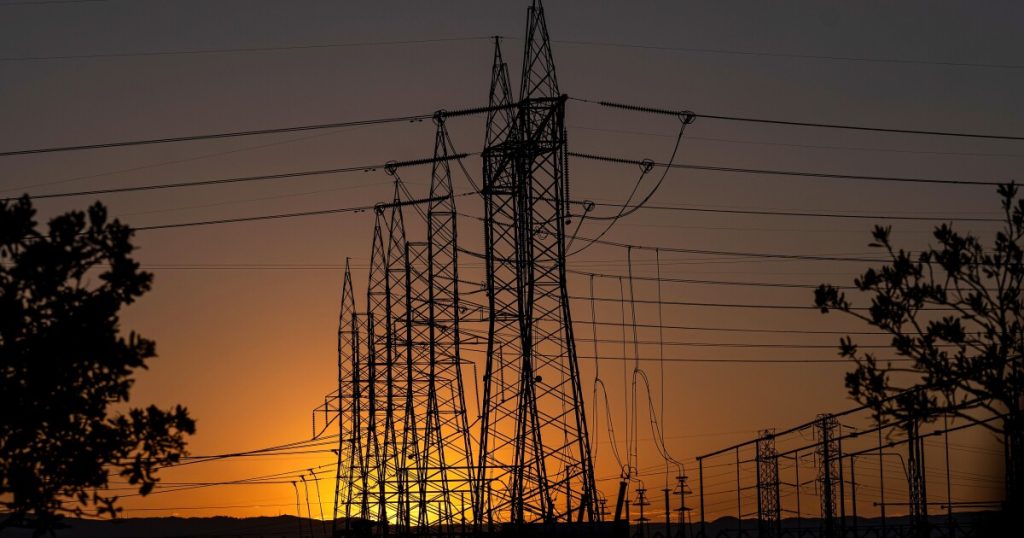David Paul Morris/Bloomberg
Although the six largest U.S. banks have committed to reaching net-zero emissions by 2050, they’ve fallen behind in executing on those climate pledges, according to a new Sierra Club report.
,
Ben Cushing, fossil-free finance campaign director at the environmental group, said the report was designed to hold banks accountable for meeting their 2050 targets. The big U.S. banks are not currently on track to do so, the Sierra Club found.
“Committing to net zero by 2050 was the easy part,” Cushing said. “Implementation is a lot more complicated and requires real commitment and perseverance.”
The Sierra Club report highlights a selection of climate policies and key indicators at the megabanks to analyze how “credibly and transparently” they are advancing toward their net-zero goals, Cushing said.
While the banks’ progress toward net-zero is relatively equal to each other, some of them have pulled ahead on adopting more transparent disclosures, the report found. This spring,
The Sierra Club also lauded
While the report spotlights what the authors characterize as “bright spots,” where banks have made headway, it also says the six big U.S. banks have “serious improvements to make.”
The Sierra Club points to some instances where it says banks have regressed on their climate commitments.
“It is incumbent on the world’s largest banks — particularly the U.S. majors — to help lead the financial sector’s move away from dangerous, climate-warming fossil fuels, and to a greener, low-carbon economy as quickly as possible,” the report said.
The Sierra Club report argues that the “most essential action” banks can take is to end support for the expansion of fossil fuel-based energy production. The best practice in this area, according to the report, would be for banks to set specific targets for lending and underwriting, including for bonds and equities, of fossil-fuel production. None of the biggest U.S. banks have taken that step, the report found.
“Ultimately to solve the climate crisis it’s a two-sided equation,” Cushing said. “It’s not only about increasing clean energy and financing for clean energy, which it certainly is, but also phasing out fossil fuels and financing for fossil fuels.”
Each of the six large U.S. banks acknowledge in their own climate reports that financial institutions will play a large role in reducing emissions, while also noting the need for more policy and regulation.
Some banks abroad have made more headway on adopting policies to address climate change, according to the Sierra Club report. For example, BNP Paribas and Societe Generale, both based in Paris, adopted specific targets last year to slash their lending exposure to oil and gas exploration and production. BNP also stopped providing any financing for the development of new oil and gas fields.
Cushing said domestic banks may fear reputational or political repercussions to stronger climate policies due to the political environment in the United States regarding climate change.

